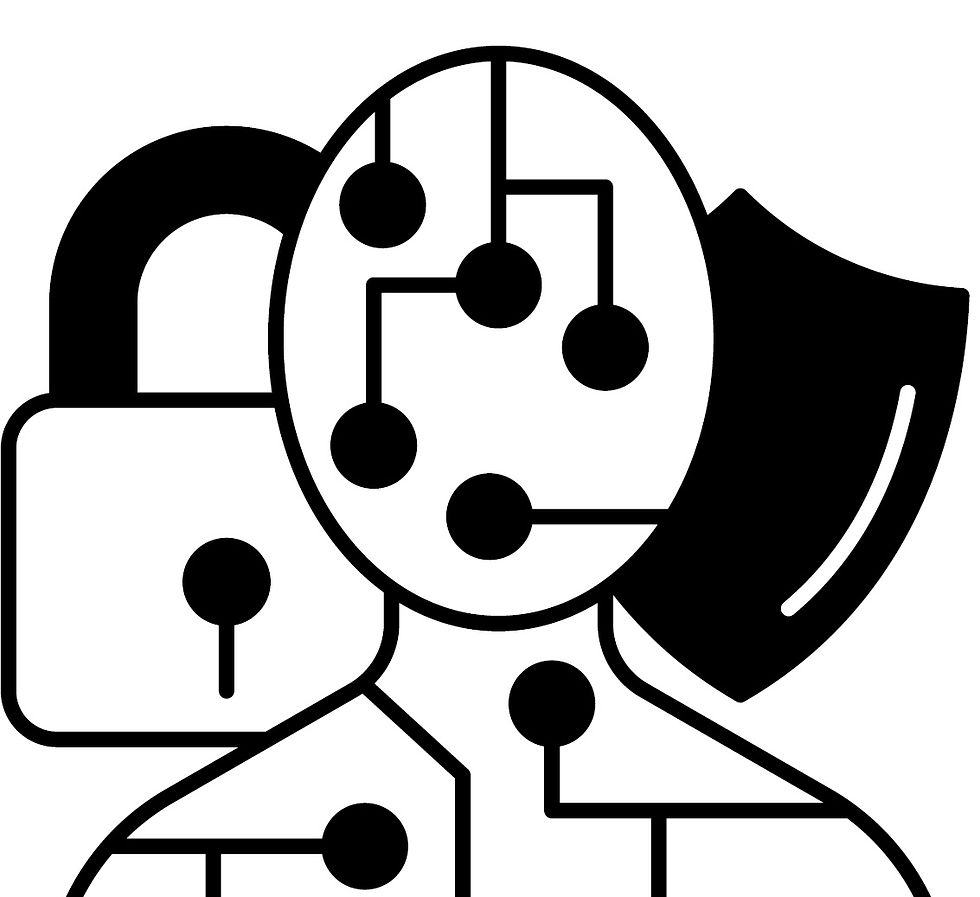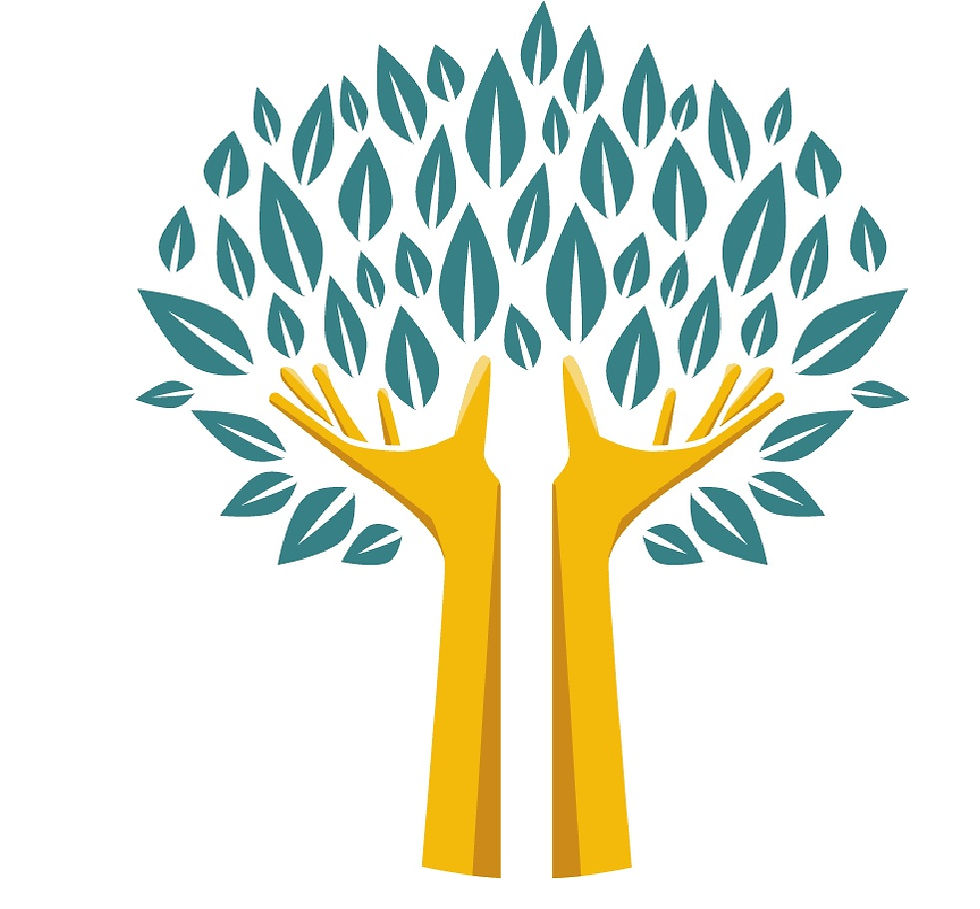Who am I - Looking In.
- samstrain11
- Jun 4, 2025
- 5 min read

Where do you or I get our significance from? If someone was to ask you who you are, what makes you tick, what do you understand the core of yourself to be, what would you say?
How we think about ourselves is of course influenced by all sorts of things, our home, family, ethnicity, education, and of course the culture we find ourselves living in. For those of us living in the West, the prevailing identity forming culture is what has been described as ‘Expressive Individualism.’ It is the culture that asserts the self over other considerations, to follow my dreams irrespective of any other people or views. It is what Gloria Gaynor sang:
I am what I am
I don't want praise
I don't want pity
I bang my own drum
Some think it's noise
I think it's pretty
I am what I am and what I am needs no excuses
I deal my own deck, sometimes the ace, sometimes the deuces
It's one life and there's no return and no deposit
One life so it's time to open up your closet
Life's not worth a damn 'til you can shout out
I am what I am
It speaks to the modern western view of identify formation. I’m going to look inside myself, find what I want to be and that is what I’m going to define myself as being at the most fundamental level.
But there are lots of problems with this.
Which of your dreams will you follow? Some of them will compete. If I dream of having both business success and an utterly loving family, one of those is going to have to take precedence over the other at some point. You can certainly be successful in business and have a loving family but what happens when you must turn the dial down on one to achieve the other? Some of your dreams are going to change over time, so which one will you choose to be your identity? Probably some of your dreams are no more than pipe dreams. Make them your identity and you’ll never achieve them. If that happens, you’ll be crushed.
Even those internal identities we form so that we can call ourselves autonomous and independent of outside influence, will themselves cry out for validation from someone outside of ourselves. We will form mutual validation groups - groups that will say your identity is the right one because it's the same as mine. We are never as autonomous or individualistic as we might try to fool ourselves into being. Ultimately any identity that we form for ourselves, because it is only ours – or that of a band of like-minded people - will ultimately lead us to distain those who do not share it. It will cause social fracturing – just like that which we see today in Western culture and the associated culture wars that rage.
And Christians can play this game just as well as the rest. If my identity rests in one of any number of socially conservative behaviours – rather than the God who determines what is right and wrong – then I am on the same path to fractured living with my neighbour who doesn’t share this core identity. I'm behaving just like every one else is who creates their own identity.
But what if there was an identity that wasn’t dependent on me, my tribe or the society that I lived in? One that was immutable, one that was received rather than created by me. One that because I haven’t created is one that I can’t lose. Of course, for that identity to be entirely fulfilling it would have to come from a supreme guarantor, one that is completely trustworthy and one who isn't going to change His mind.
Then God said,
‘Let us make man in our image, in our likeness
So, God created man in His own image,
In the image of God, He created him.
Male and female, he created them.
God provides this supreme identity to humans – image bearers, image reflectors, image maker worshippers. Here we have a foundation for identity and life that everything else can be built on. It’s an identity for everyone.
One that provides a unique dignity. One that it not so elevated to make us think too highly of ourselves – we are after all merely images, not the imaged. But also, one that is not too low – we’re the chosen image bearers of God.
More that that it is provides a dignity and position that is not dependent on any human capacity. It matters not a jot what my abilities, background, or capacities are when it comes to my core identity. This has striking consequences. It means that human value does not reside in what a human may or may not have or be able to do. The same value is afforded to both the most and the least able – the unborn child, the newborn child, the incapacitated or the elderly where body and mind are fracturing.
It also means that our attitude to everyone – irrespective of who or what they are – should reflect this identity in them, whether they recognise it or not. There are, as CS Lewis writes, no ordinary people.
But our attitudes are not like this. We certainly honour some; those who are like us, come from the same geographical or social background as us, vote like us, look like us, talk like us, think like us. We do honour them. But not because they are made in God’s image, but because they’re made in our image.
What’s the remedy? How do we faithfully fulfil the role of bearing the image we have been given and honouring the image bearers we meet? Paul describes that we are being transformed into Christ’s likeness. But how? Mirrors only work when they are out of the cupboard and facing the image to be reflected. Turn our mind and heart away from Christ and we’re not likely to reflect Him – but instead reflect those things we dwell on, devote time to and work for. But if we face Christ, turn our hearts and minds to Him, let everything we do and think be orientated towards him and informed by him, then we will be in the business of becoming more and more the image of the true image of God and able to ground our identity in something far better than anything our own hearts can concoct. That's very good news for us, and very good news for those we meet.


